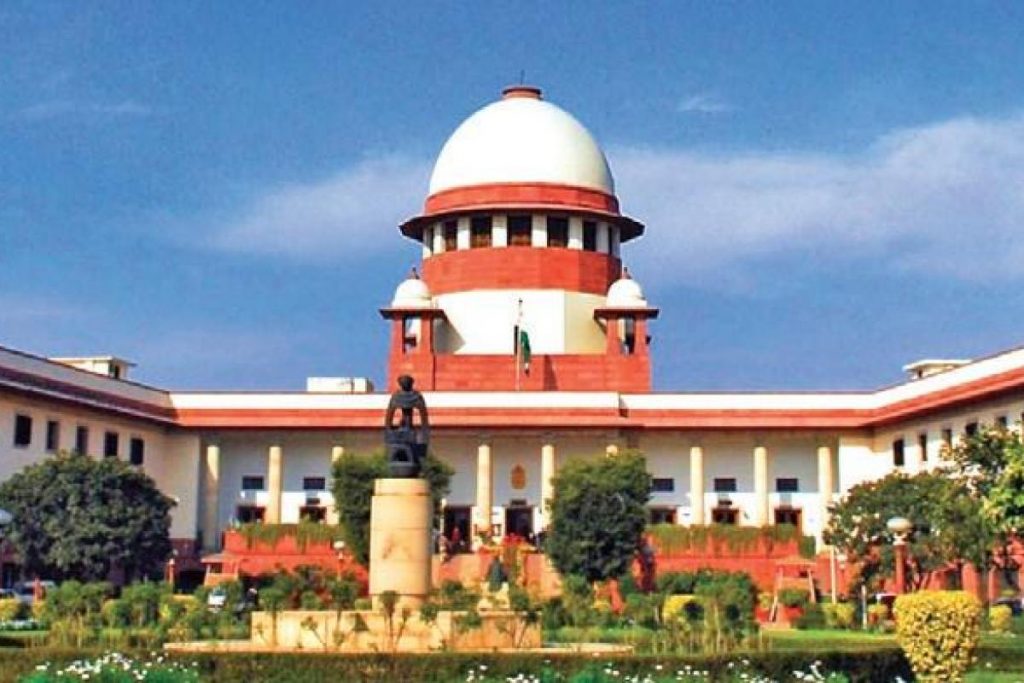New Delhi: The Supreme Court said Monday that extrajudicial confession is a weak piece of evidence. It stated that conviction based solely on it without any corroboration would not be justified. A Supreme Court bench of justices L Nageswara Rao and BR Gavai made the observation while acquitting and reinstating an Army officer in a corruption case. Extra-judicial confession is admission of guilt not made before a police officer.
“It could thus be seen that the extrajudicial confession is a weak piece of evidence. Unless such a confession is found to be voluntary, trustworthy and reliable, the conviction solely on the basis of the same, without corroboration, would not be justified,” the Supreme Court said.
The top court was hearing cross appeals challenging the judgments and orders passed by the Armed Forces Tribunal (AFT), Regional Bench in Kochi.
The tribunal had set aside the order of conviction, under Section 7 of the Prevention of Corruption Act, 1988, read with Section 69 of the Army Act, 1950 and the sentence of cashiering from service and suffering of rigorous imprisonment for one year passed by the General Court Martial (GCM).
The GCM had convicted an army officer under Section 63 of the Army Act, and in turn, sentenced him to punishment of forfeiture of seniority of rank of Major.
The AFT had also directed that the officer be reinstated in service, with no pay and allowance for the period he remained out of service, but without any service break.
It was the case of the prosecution that the officer was guilty of malpractices of clearing some candidates as medically fit in recruitment rallies conducted at various places.
The apex court said the GCM has passed its conviction basically on the confessional statement made by the officer and in the present case, there is no corroboration at all.
The Supreme Court agreed with the submission of advocate Gaurav Agrawal, counsel for the officer, that the confessional statement made by his client was not voluntary. It said the AFT was justified in interfering with the finding of the court martial which was legally not sustainable.
“The AFT would be justified in allowing an appeal against conviction by a court martial when there was material irregularity in the course of the trial resulting in miscarriage of justice,” the bench said.
The Supreme Court refused to agree with the submission of Additional Solicitor General Vikramjit Banerjee, appearing for the Union of India, that re-appreciation of evidence by AFT is not permissible.
“We are unable to accept the contention urged on behalf of the Union of India that the AFT is not entitled to re-appreciate the evidence. Such re-appreciation of evidence is permissible to find out if any findings of the court martial are legally not sustainable due to any reason,” the apex court bench said.
